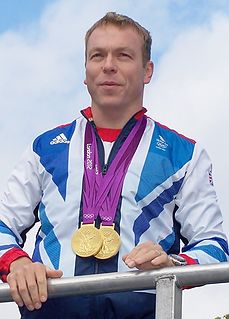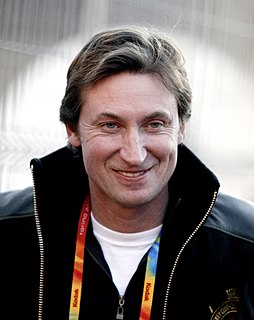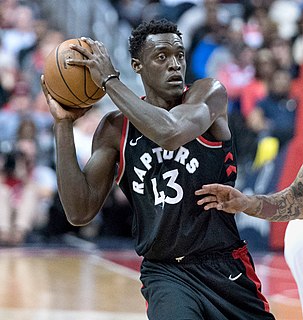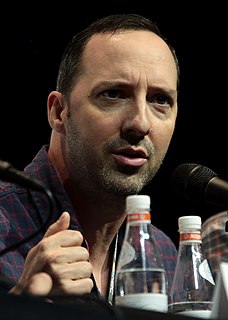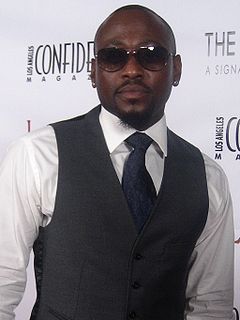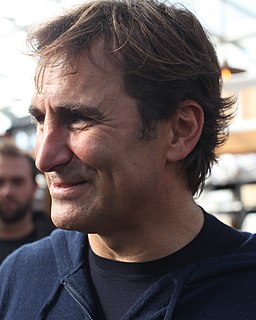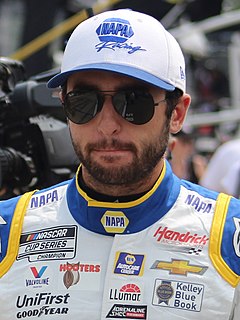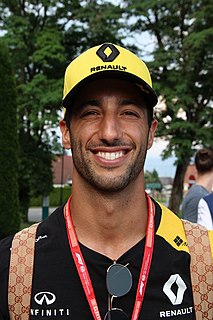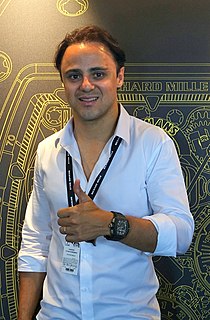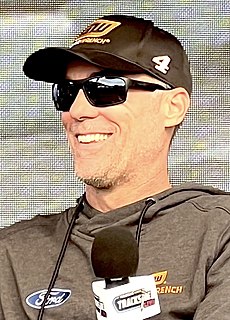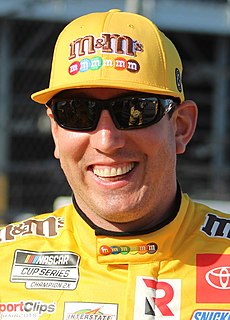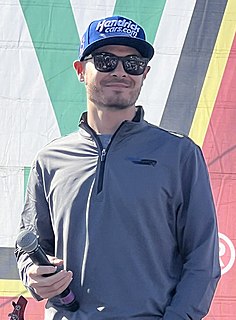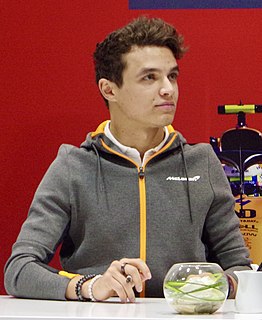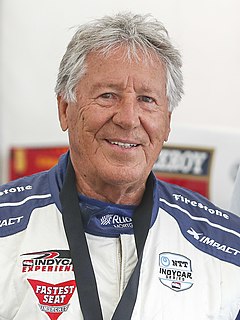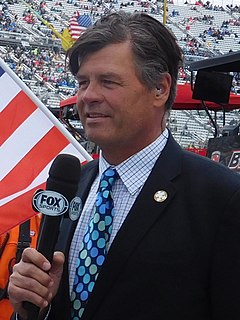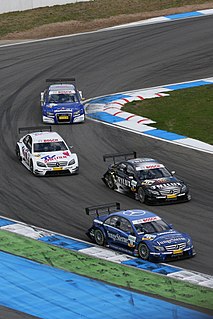A Quote by Chris Hoy
The biggest thing I noticed growing up when I was doing BMX racing or playing rugby through to secondary school level, was seeing the parents who were so desperate to see their kids do well that they were almost living their lives through their kids and putting huge pressure on them to the point they weren't enjoying it.
Related Quotes
I get a lot of parents coming up to me, telling me they are grooming their kids to be professional athletes. I'm really against that. I think it's a great life, and yeah, you can lead them in that direction. I think a lot of parents live their lives through the kids. Because they didn't make it, they want their kids to make it. It puts a lot of undue pressure on the kids.
Scoring, that's my thing... Didier Drogba, Samuel Eto'o, those were the guys that we looked at as kids like, 'Man, they're doing it, and they're doing it at a high level.' We would see them on TV. So, it wasn't much about basketball, to be honest, it was just those type of athletes. Those guys were the guys that we looked at as kids.
When I got into film school, it really formed a sense of who I am and my sense of feeling like an outsider. If there was some greater purpose to do this, it would be so that future generations - my kids or my sister's kids - would grow up seeing themselves in their media culture in a way that I didn't. If The Mindy Project or Master of None were on when I was growing up, I wonder if I would be interested in doing this at all
I would say basically the commonplace observation that kids aren't going to earn as much as their parents is now is a coin flip at this point. Are you going to do better than your parents? It's a 50-50 chance, whereas if you were born in the 1940s or 1950s, you had more than a 90 percent chance you were going to do better than your parents. So basically almost a guarantee for most kids that you were going to achieve the American Dream of doing better than your parents did. Today, that's certainly no longer the case.
When my kids were growing up, I wanted their teachers to teach them science, reading, math and history. I also wanted them to care about my kids. But I did not want my children's public school teachers teaching them religion. That was my job as a parent and the job of our church, Sunday school, and youth group.
Kids didn't have huge backpacks when I was their age. We didn't have backpacks at all. Now it seemed all the kids had them. You saw little second-graders bent over like sherpas, dragging themselves through the school doors under the weight of their packs. Some of the kids had their packs on rollers, hauling them like luggage at the airport. I didn't understand any of this. The world was becoming digital; everything was smaller and lighter. But kids at school lugged more weight than ever.
